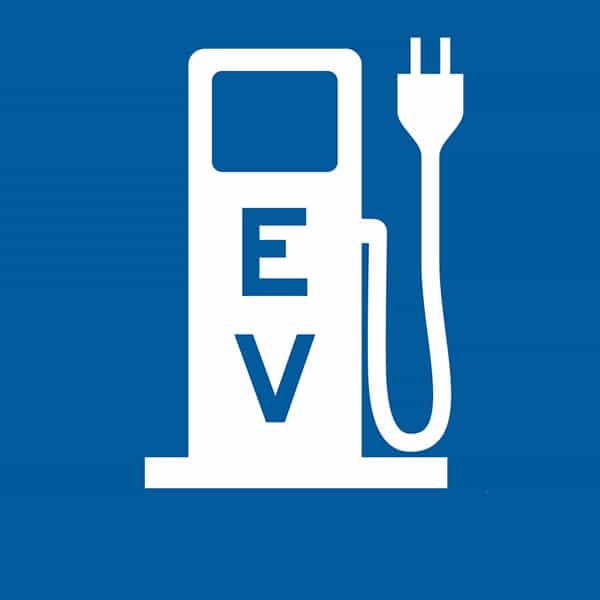 Electric vehicles could make up 15 to 35 percent of total new vehicle sales globally in 2040, according to IHS Markit. The findings are part of a new research project, Reinventing the Wheel, that will be conducted over the first half of 2017.
Electric vehicles could make up 15 to 35 percent of total new vehicle sales globally in 2040, according to IHS Markit. The findings are part of a new research project, Reinventing the Wheel, that will be conducted over the first half of 2017.
“The key question is whether we are approaching a transformative shift akin to the first decade of the 20th century, when the internal combustion engine, cheap gasoline, bicycle technology and mass production combined to usher in the automotive age,” said Dr. Daniel Yergin, vice chairman of IHS Markit and chairman of the study who wrote about the beginning of the automotive age in his most recent book, The Quest. “Converging developments along multiple tracks are leading us to focus on this important question.”
While electric vehicles constitute a small percentage of the world’s vehicle sales and are just 1 percent of the on-road fleet today, sales in 2016 are up more than 1,000 percent since 2010—a trend that IHS Markit expects to continue with the potential to make electric vehicles more than one third of the new vehicle sales in 2040.
“Significant advances in battery technology, financial support from governments, regulations and values of millennials will be key factors leading to increases in electric vehicle adoption,” said Jim Burkhard, study co-director and chief of research at IHS Markit for crude oil markets and energy scenarios.
Electric vehicle share in individual markets will vary based on these factors, IHS Markit says. For instance, in China and Europe—regions where policies are favorable to electric vehicles—IHS Markit estimates that electric vehicles could comprise over half of new passenger vehicle sales in 2040.
The growth of electric vehicles is one of several forces reshaping the future of transportation that are the subject of Reinventing the Wheel, a major new multi-client research initiative combining the industry-leading chemical, automotive and energy expertise of IHS Markit. This initiative will be the subject of a comprehensive new study to be completed in 2017. Other critical factors to be examined by the study include the potential impacts of car sharing, ride hailing and autonomous vehicles on the transportation ecosystem. The study is set to begin December 15 in Detroit.
“How and when this transformation takes shape will have significant impacts on the global economy and raises fundamental questions for the oil and gas, automotive, chemical and the electric power industries, as well as individual consumers,” said Tiffany Groode, study co-director and head of IHS Markit automotive scenarios.
Reinventing the Wheel is a major multi-client research initiative that will provide a first-of-its-kind, system-wide analysis of the new reality of transportation and the potential implications for the oil, gas, automotive, electric power and chemical industries.
Chaired by Daniel Yergin, IHS Markit vice chairman and Pulitzer Prize-winning author, Reinventing the Wheel will combine the industry-leading expertise from the chemical, automotive and energy teams within IHS Markit. The project will utilize IHS Markit’s long track record of scenarios development to envision content-rich scenarios that encapsulate possible futures for cars and energy, combined with comprehensive analytics and datasets based on the modeling expertise of IHS Markit.
Reinventing the Wheel will focus on the world’s largest automotive markets—the United States, Europe and China, as well as India—with projections out to the year 2040. The study, to be completed in 2017, will consist of two parts.
Part I will include the development of scenarios representing potential paths for the future of the car, energy and chemicals. Part II will assess the impact, investment implications and strategic choices for the automotive, oil, gas, electric power and chemical industries.